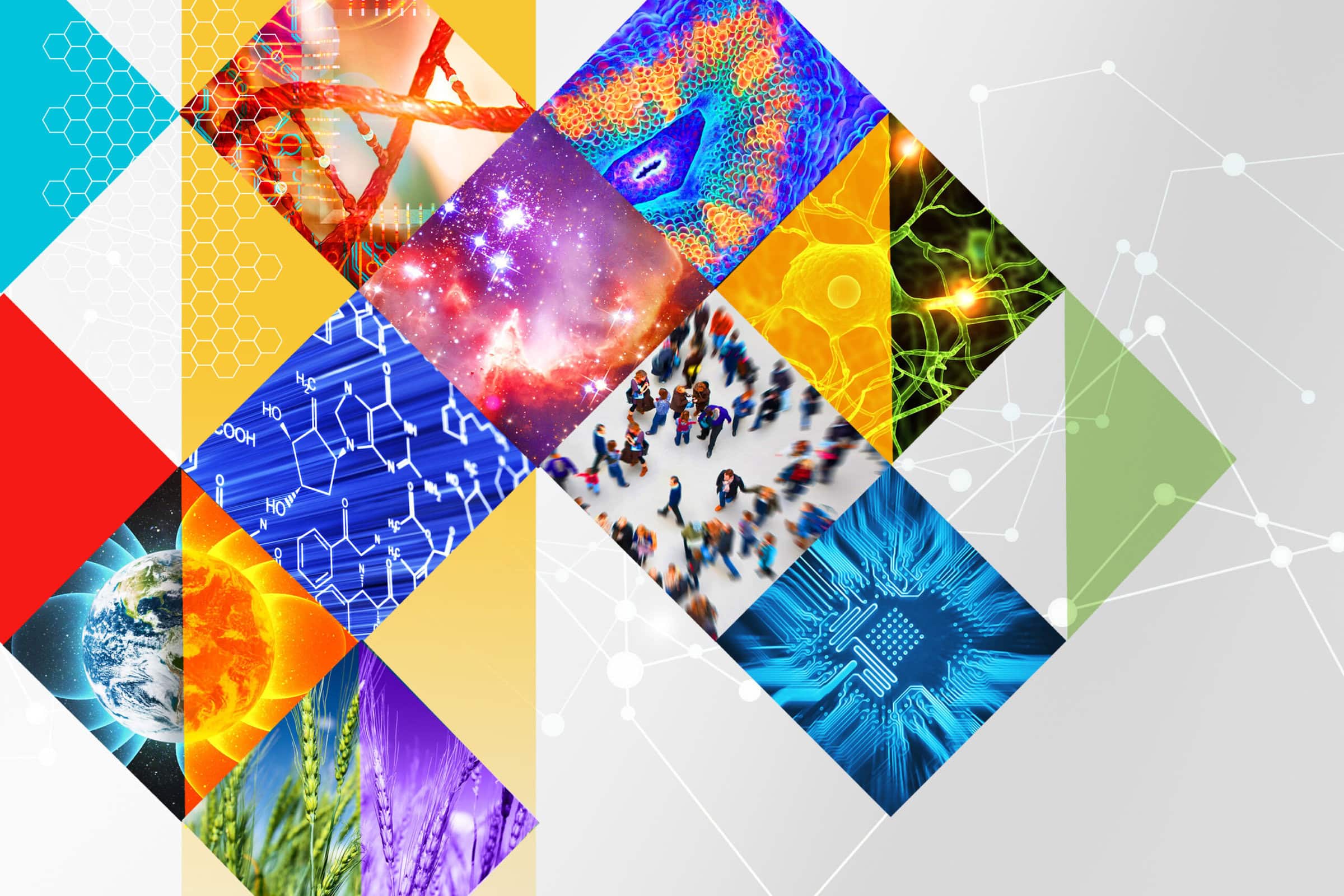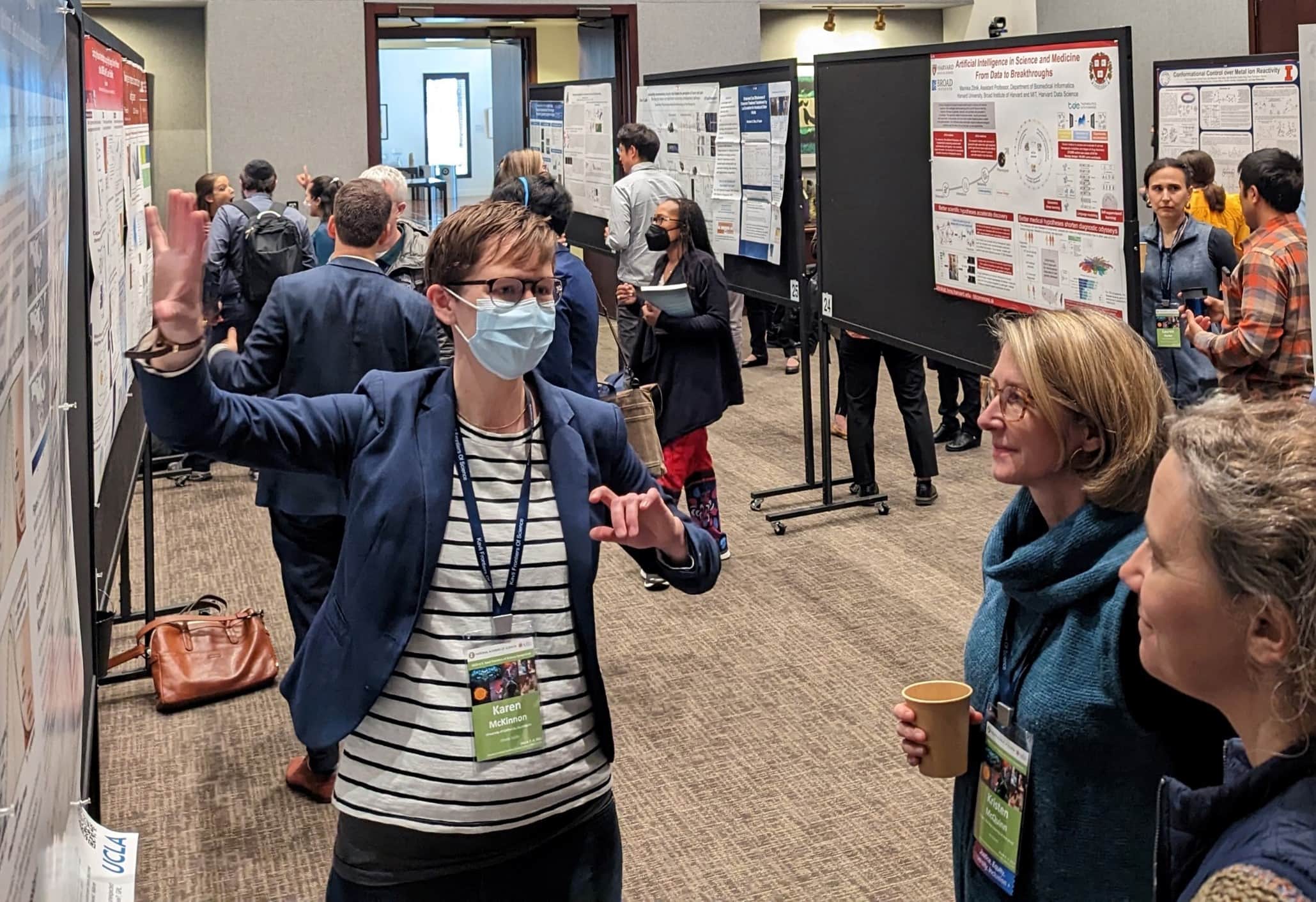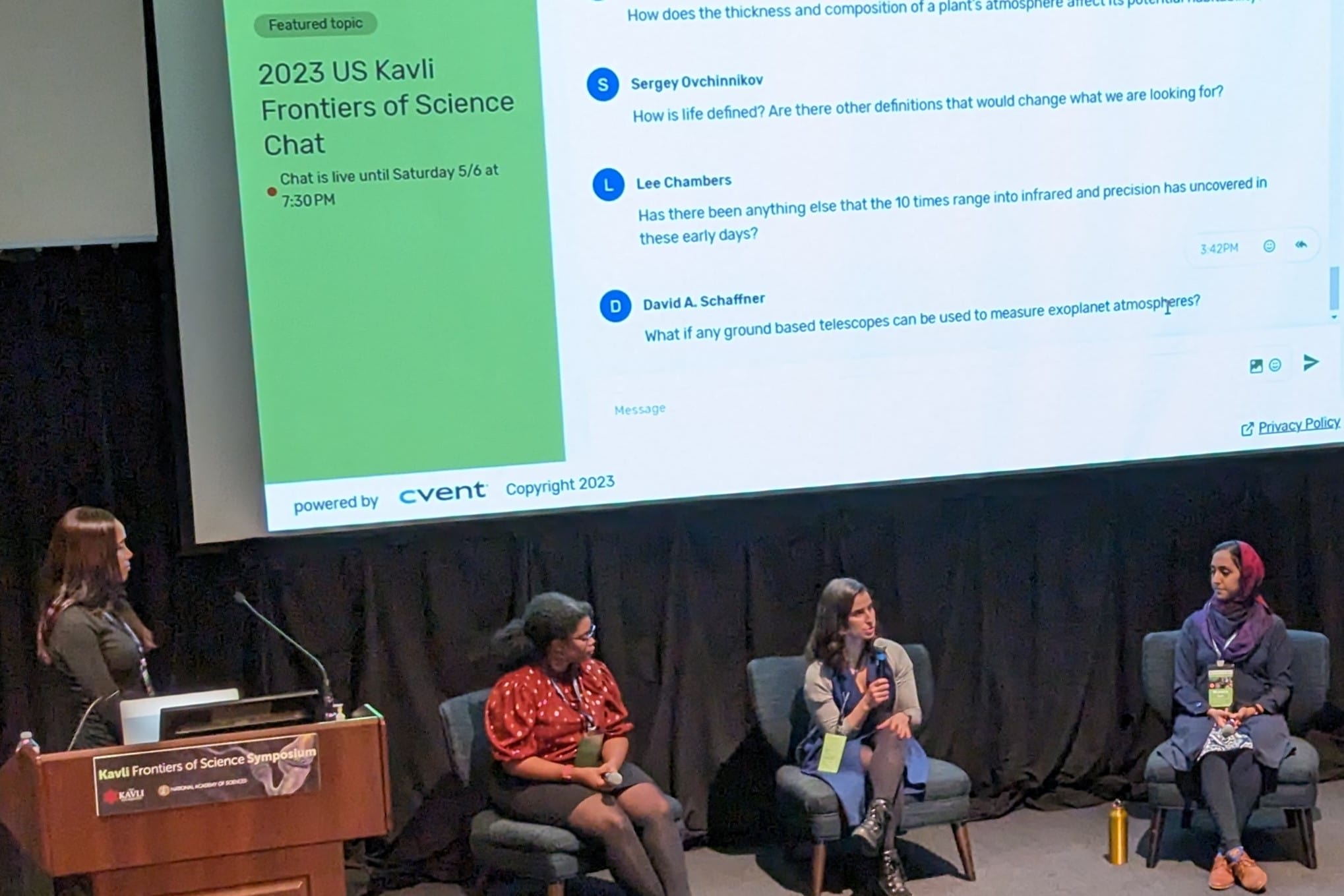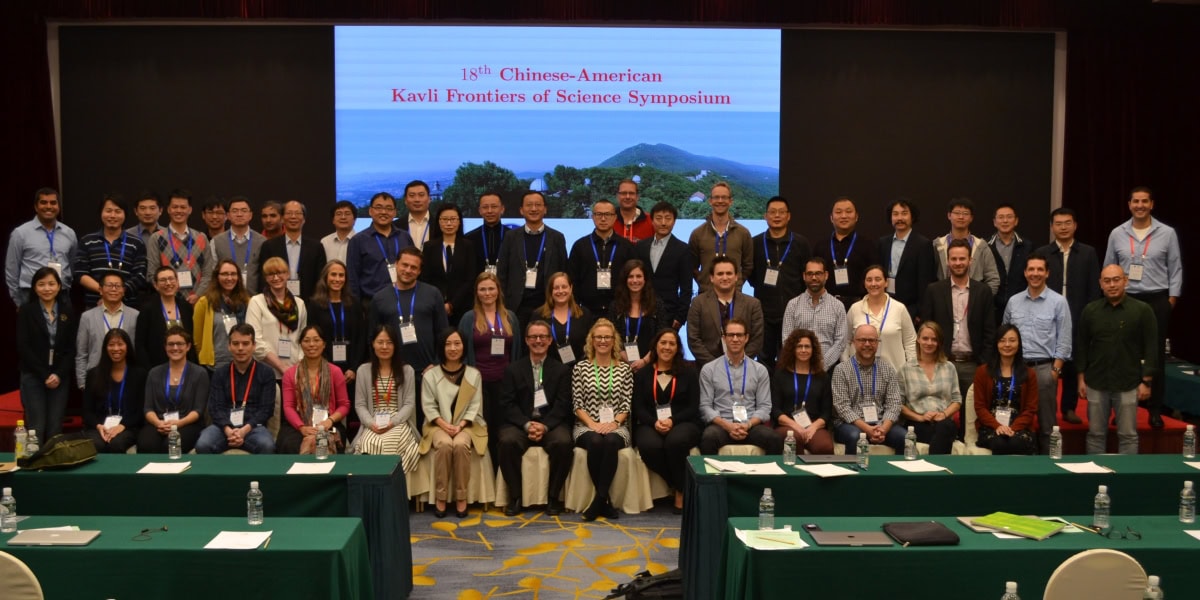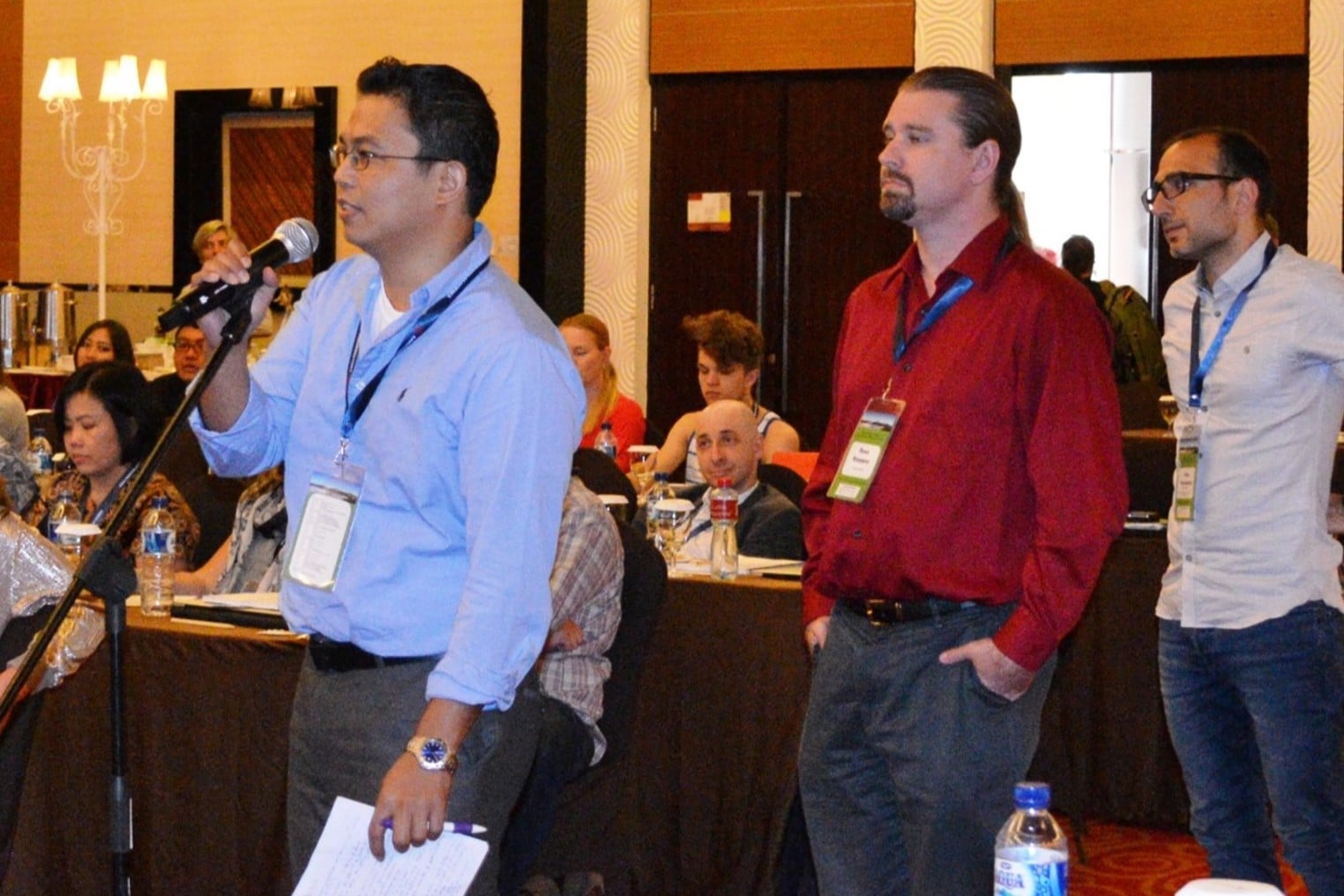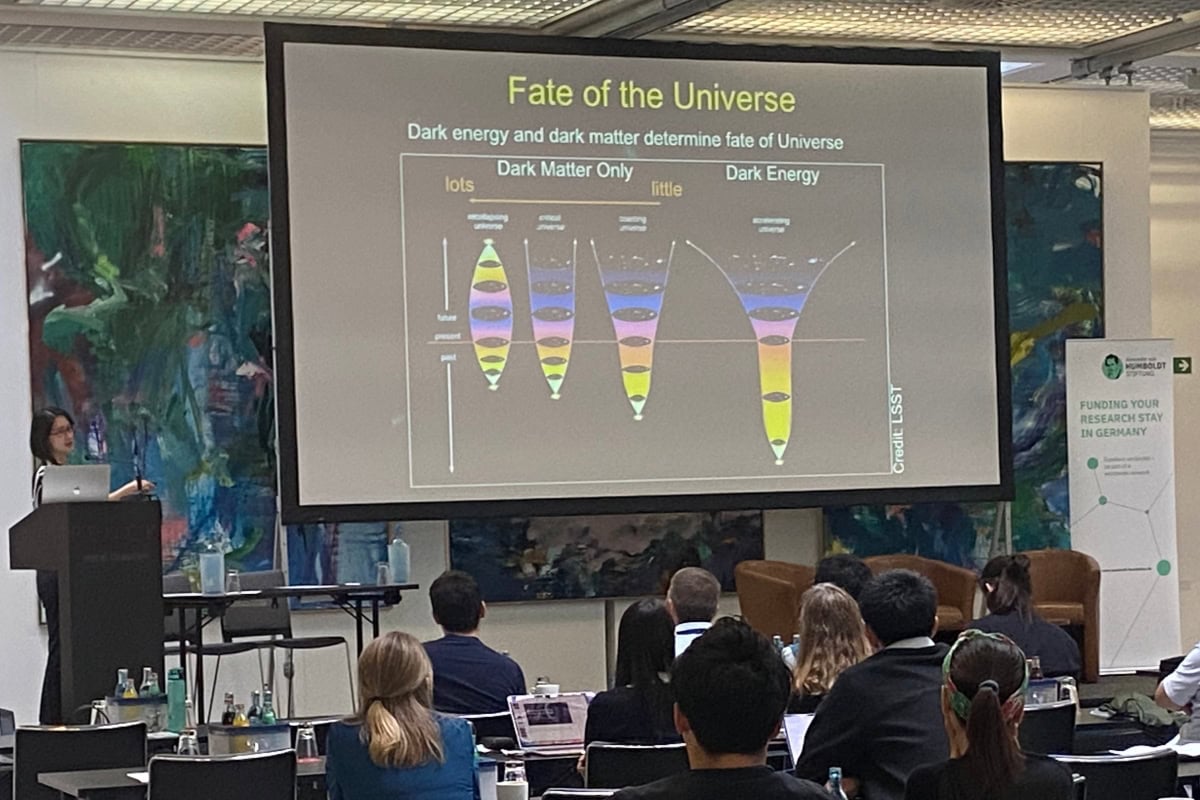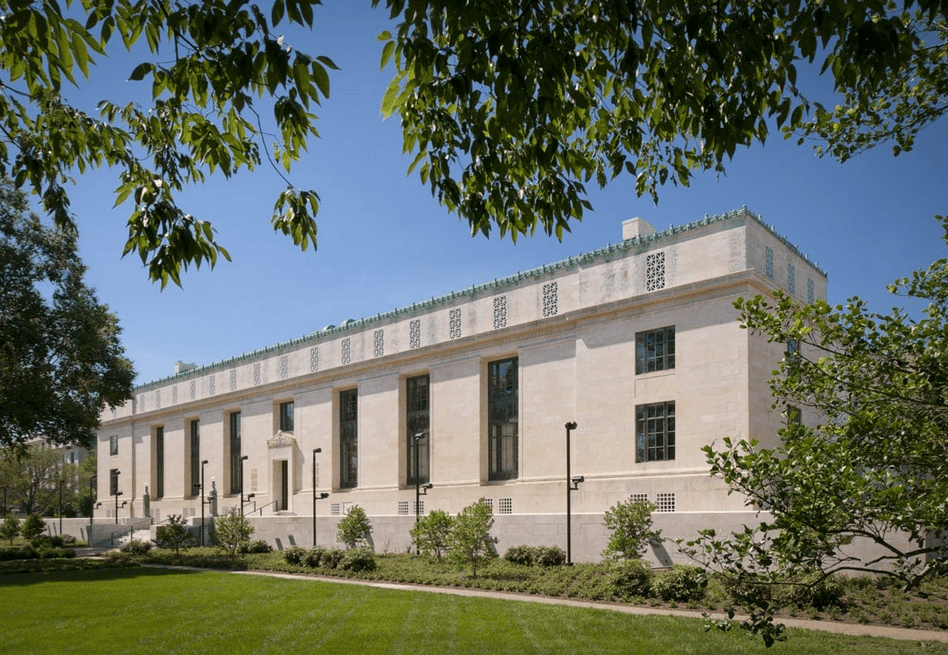About Frontiers
The Frontiers of Science symposium series was created as the first program of the National Academy of Sciences targeted specifically for early career scientists. Frontiers was designed to bridge the boundaries imposed by scientific fields by exposing exceptional young researchers to ideas and research well outside of their chosen fields and to give these researchers access to a network of colleagues from a variety of fields and institutions that will be useful to them as they advance in their careers.
The Frontiers program identifies futures leaders of science, both within the US and abroad, and presents this select group with a valuable network for them to develop their leadership potential. The Frontiers alumni network now contains more than 6,800 past participants, including 20 alumni who have won Nobel Prizes and 364 who have been elected to the NAS (over 11% of the current membership), including 19 who were elected in 2025. The symposia have a lasting impact among their “alumni.” A 2014 survey of symposium participants from 2006 to 2014 found that more than 77% of respondents have maintained connections made at the symposia, more than 19% have submitted joint proposals, and more than 13% have co-authored papers.
Stories of Impact
Frontiers of Science symposia offer attendees a unique opportunity to make connections with significant impact upon a research direction or a career. Stories listed below from symposium participants highlight the impact that connections at a Frontiers of Science symposium have produced.
Featured Symposia
Featured Alumni News
Frontiers Alumni in the News
Frontiers Alumni News
April 29, 2025
19 Kavli Frontiers of Science Alumni Elected to NAS Membership
Frontiers Alumni News
February 11, 2025
National Academy of Sciences Selects the 2025 Kavli Fellows
Frontiers Alumni News
December 1, 2024
National Academy of Sciences Selects the 2024 Kavli Fellows
Connect with Frontiers
Give to Frontiers
Your donation to the National Academy of Sciences plays a critical role in everything we do.
